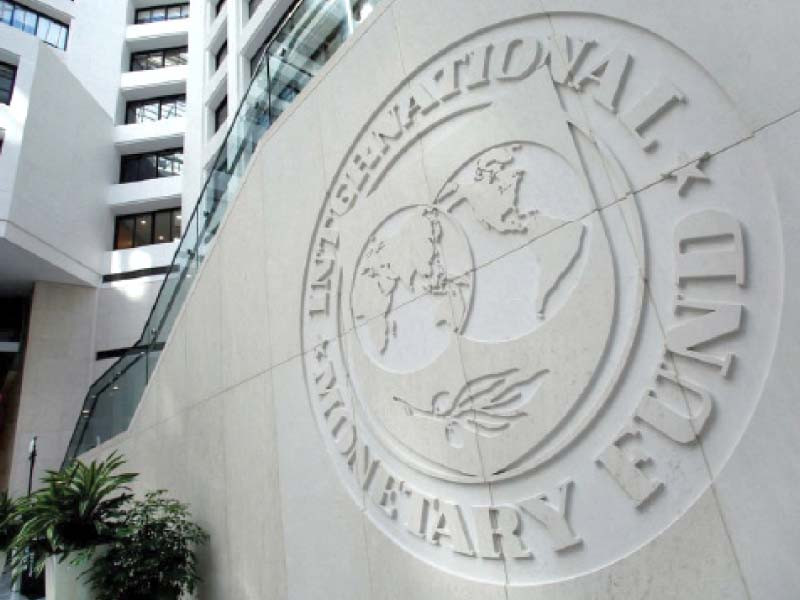
The International Monetary Fund hopes to mobilise around $45 billion for a new trust to help a broader range of countries, including some middle-income economies, deal with climate change and other longer-term challenges, a paper prepared by IMF staff and reviewed by Reuters shows.
The IMF’s executive board is expected on Wednesday to approve plans for the new Resilience and Sustainability Trust (RST) that were hammered out by IMF staff after the Group of 20 major economies backed creation of the instrument in October.
Nearly three-quarters of the IMF’s 190 members would be eligible to borrow from the new trust, the global lender’s first facility set up expressly to help countries manage balance of payments risks posed by longer‐term challenges, the paper said.
“Today, even as IMF member countries confront the immediate challenges of rising inflation, constrained fiscal space and pandemic recovery — heightened by risks associated with the war in Ukraine — they are also calling on the Fund to help respond to longer-term challenges such as climate change and pandemic preparedness,” the paper said.
Currently, the IMF offers low-cost and zero-interest rate financing to help countries deal with short-term challenges, such as capital flight, inflation or high commodities prices, and medium-term fiscal and financial challenges.
But it lacks a facility to help countries manage risk to balance of payments posed by longer-term threats, build economic resilience to shocks, and tap opportunities to achieve sustainable, inclusive growth. The IMF’s Poverty Reduction and Growth Trust is also open only to low-income countries.
The RST, first proposed by IMF Managing Director Kristalina Georgieva in June, would fill that gap and offer countries affordable financing over extended repayment periods. The IMF has said it plans to begin lending under the program by October.
It would be available to low-income and vulnerable middle-income countries, including small states, many of which were hit particularly hard by the pandemic and its economic impact.
To qualify for lending from the new RST, countries would still need to develop “credible policy and reform measures,” have sustainable debt and adequate capacity to repay the IMF, and be part of a concurrent financing or non-financing IMF-supported program, the paper said.
In addition to providing loans, the IMF also has policy coordination arrangements with other countries, including Serbia, Rwanda and Senegal, that do not entail funding.
The eligibility criteria were set up to “preserve economic stability” while mitigating financial risks to the fund, the paper said.Richer IMF member could contribute to the trust by donating their unneeded Special Drawing Rights, the IMF’s own currency reserves, from a $650 billion allocation approved last August.
The funding is also expected to serve as a catalyst for additional public and private financing, the paper said.
Action on food security
The World Bank, International Monetary Fund, UN World Food Program and World Trade Organisation on Wednesday also called for urgent, coordinated action on food security, and appealed to countries to avoid banning food or fertilizer exports.
In a joint statement, the leaders of the four institutions warned that the war in Ukraine was adding to existing pressures from the Covid-19 crisis, climate change and increased fragility and conflict, threatening millions of people worldwide.
Sharply higher prices for staples and supply shortages were fueling pressure on households, they said. The threat is greatest to the poorest countries, but vulnerability was also increasing rapidly in middle-income countries, which host the majority of the world’s poor. The compounding crises could fuel social tensions in many of the affected countries, especially those that are already fragile or affected by conflict, they warned.
IMF Managing Director Kristalina Georgieva, World Bank President David Malpass, UN World Food Program (WFP) Executive Director David Beasley and WTO Director General Ngozi Okonjo-Iweala issued their joint statement ahead of next week’s Spring Meetings of the IMF and World Bank.
They said the rise in food prices was compounded by a dramatic increase in the cost of natural gas, a key ingredient of nitrogenous fertiliser, which could threaten food production in many countries.
Published in The Express Tribune, April 14th, 2022.
Like Business on Facebook, follow @TribuneBiz on Twitter to stay informed and join in the conversation.


















COMMENTS
Comments are moderated and generally will be posted if they are on-topic and not abusive.
For more information, please see our Comments FAQ